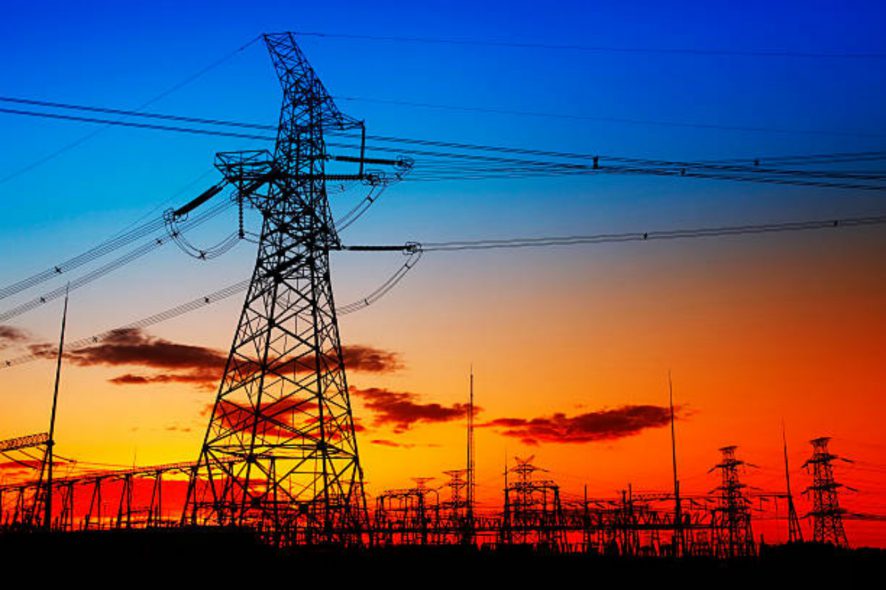The Government is working on a novel idea to enhance power procurement by states through reducing the cost of electricity, so as to ease power purchase for states; to reduce fixed cost for assured offtake, and to aggregate the demand supply. New centralised bidding will be held and quotations for lump sum tariffs will be invited from power developers. This will also involve power aggregation and disbursement in accordance with cost and the demand from states. Tariffs will have to be quoted with a “very nominal” fixed-cost portion. Power developers would bid against the cap on fixed cost. Tariffs for coal-based power plants consist of “fixed cost” and “variable cost”. Fixed cost is the capital cost of the power plant and variable cost comprises the cost of fuel, transportation, etc. When a state has a power purchase agreement (PPA) with a developer, it has to pay the fixed charge even when not procuring power.
Most states are not issuing any PPAs as they are supposed to pay the fixed cost even when no power supply is scheduled, which is hitting their already languishing power distribution companies (discoms). The idea now is to economize the fixed cost so that the impact on the discoms’ finances is minimal. The government will also set up a power aggregator, which will call tenders and collate bids, and will disburse power to states wishing to procure this “low fixed-cost” electricity. The state owned Power Trading Corporation (PTC) would be the aggregator and Power Finance Corporation (PFC) would be drafting the bid document. Among other criteria is that the plant should have a steady supply of coal, whether through linkage, associated coal blocks, or imported coal. This bidding is not just for stressed assets. In the past five years, there has been no fresh PPA issued by any state barring Kerala and Uttar Pradesh. UP later cancelled the PPAs it signed. Plants with a capacity of close to 105,000 MW are classified as stressed assets due to either a lack of fuel supply or PPA or both. Recently, the Union government, under the new SHAKTI scheme, offered long-term coal linkages to plants that have PPAs if they quoted discounts on tariffs. After the first bidding, wherein private players quoted discounts in the range of one-four paise per unit, units of 10,000 MW would get assured coal supplies. NTPC also in December, 2017, issued a tender to purchase stressed power units through reverse bidding.
[Source: The Business Standard]






